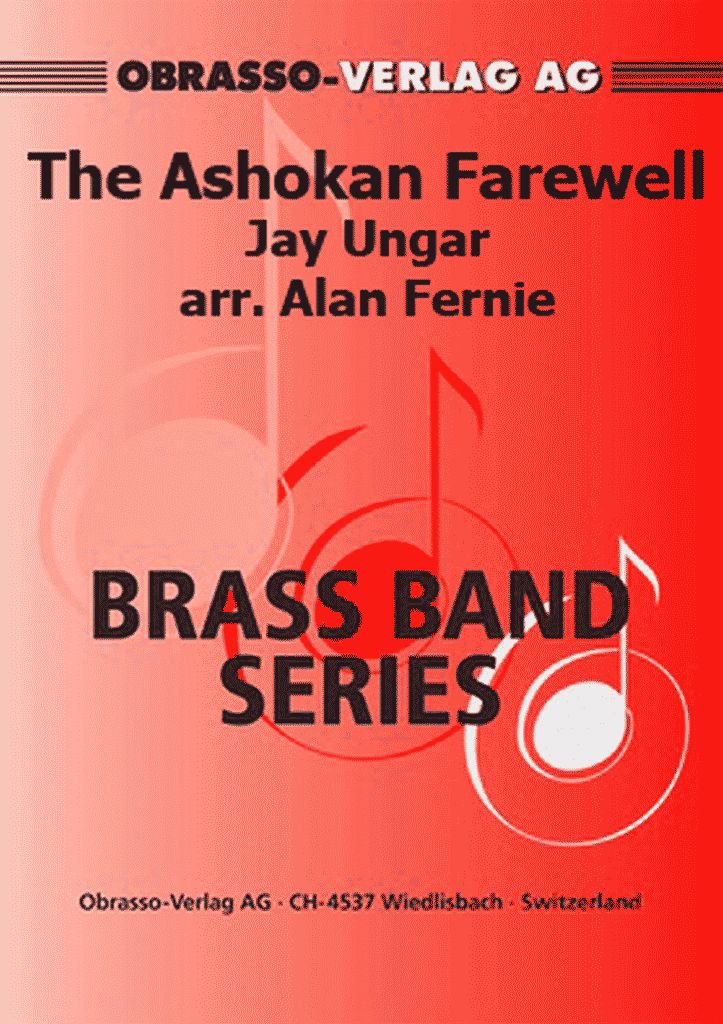Results
-
 £50.90
£50.90The Ashokan Farewell
The Ashokan Farewell is a waltz composed in the style of a Scottish lament and was used in two documentaries, Huey Long and more famously, The Civil War.
Estimated dispatch 7-14 working days
-
£94.95
The Maunsell Forts (Score and Parts)
The Maunsell Sea Forts are military defence structures from the Second World War, designed and built under the supervision of Guy Maunsell. There were three in Liverpool Bay, not far from Hilbre Island and now no longer extant, and five in the Thames E
Estimated dispatch 7-14 working days
-
£49.95
The Maunsell Forts (Score Only)
The Maunsell Sea Forts are military defence structures from the Second World War, designed and built under the supervision of Guy Maunsell. There were three in Liverpool Bay, not far from Hilbre Island and now no longer extant, and five in the Thames E
Estimated dispatch 7-14 working days
-
£45.00
Hymn to the Cross - Lane, L
This beautiful, reflective piece is filmic and expansive, portraying hope in the midst of the bleak scenario of the Korean War. Features lyrical soloists throughout and an offstage Last Post ending for cornet.2nd Section +Duration 4 minsClick to Listen - Courtesy of Cory Band
In Stock: Estimated dispatch 1-3 working days
